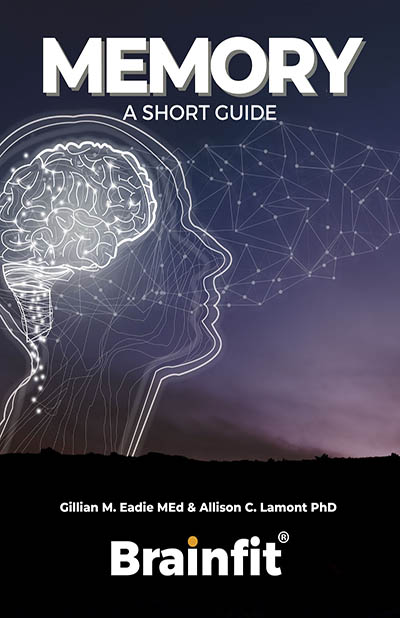Last month, the renowned astrophysicist, Dr. Stephen Hawking, passed away at the age of 76 from a crippling motor neuron disease that was expected to have killed him more than fifty years earlier.
“At the time [of diagnosis], I thought my life was over and that I would never realise the potential I felt I had. But now, 50 years later, I can be quietly satisfied with my life.” Hawking wrote in his Memoirs.
Mind forced to be more creative
Diagnosed at 21, Hawking’s mind was spared from the disease and he refused to be overcome by his physical disabilities – going on instead to make ground-breaking, scientific discoveries:
“Watching Stephen Hawking and the fact that he was able to do so much even as his disease was getting worse – it really resonates with me. It doesn’t matter how much your body is failing you. As long as your mind is working, you can change the world.” Tanya Harrison, planetary scientist, Arizona State University.
When Hawking lost his motor skills he was forced to become more creative –
“I was forced to travel through the universe in my mind and try to visualize the ways in which it worked.”
Our neural networks are not set in stone – the human brain is incredibly resilient and adaptable. Neuroplasticity allowed Hawking’s brain to redirect those neural networks responsible for writing out equations into networks for visualising them instead. Read more
Mediocre student
Did you know that Hawking was only a mediocre student at school?
Ater setting his heart on going to Oxford University, he achieved an almost perfect score in the physics entrance exam. Ironically, he then found his first two years at university too easy and called them the most boring of his life!
It took the diagnosis that he might die young to impel him to concentrate on his work:
“When faced with the possibility of an early death, it makes you realise that life is worth living and there are lots of things you want to do.” Read more
Strength of mind
“The one and only Stephen Hawking will be renowned as one of the greatest minds of our time. His ideas shaped the direction of the fields of cosmology and theoretical physics. Throughout his extraordinary life, he demonstrated to all that the power of the mind can overcome all physical challenges.” Professor Miroslav Filipovic, Western Sydney University
![]()
Thank you to Lynette Mowlem, Researcher for Memory Foundation.
Do you have a comment or story about the power of the mind over adversity? Or other helpful hints you’d like to share with readers? Please leave your message below.




